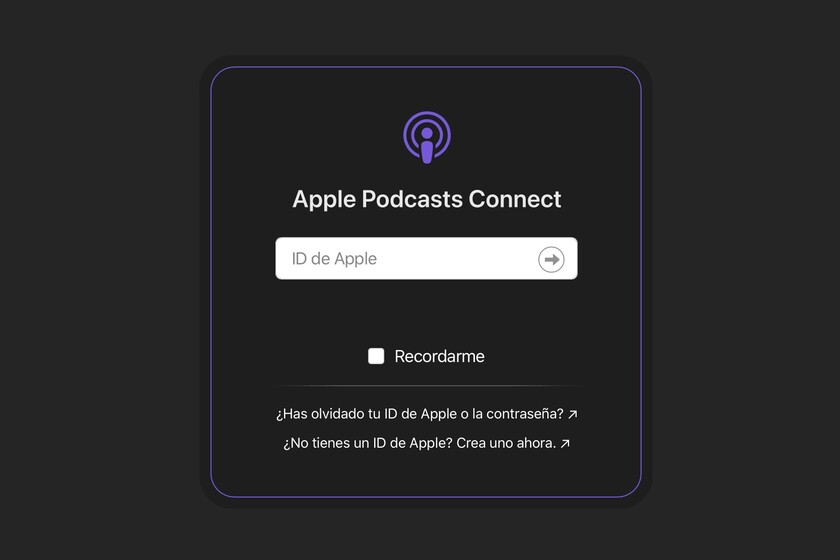Apple introduced its new podcast subscription service during last week’s event, in which we also saw the imminent redesign of the Podcasts application and a new orientation of the platform looking for profit margins for both the company and the podcasters themselves.
To do this, all interested few will have the option of uploading their podcasts to Apple’s servers (instead of leaving them on other services such as iVoox or on their own servers). From there, those podcasters are going to have various options to monetize your content. Let’s review them.
Exclusive content, anticipated or without ads
The payment and commission model of Apple’s podcaster program is very similar to that of the App Store. To cover the cost of storing Apple audio files will charge podcasters $ 19.99 per year. In addition, the company will keep 30% of the income from all subscriptions, and 15% from the subscriptions that continue to be charged a year later.
It is the podcaster who decides the subscription price, which you can start from a monthly fee of $ 0.49 per month. Additionally, podcasts can choose from one or more of these benefits for subscribers:
- Listen to the podcast episodes without ads.
- Offer exclusive episodes or even podcasts that free listeners cannot listen to.
- Offer podcast episodes in advance to subscribers.
- Archive old podcast episodes and reserve listening for subscribers, while free listeners will only be able to access the most recent ones.
- Offer a free trial period for all listeners, encouraging them to subscribe.

There are already rumors about Spotify wanting to compete with this new modality for podcasters without charging them any fees, so it looks like the podcasting market is approaching a new kind of competition to see who gets the bulk of the revenue from these paid subscriptions.
Spotify has the advantage of being cross-platform and not wanting to charge, but Apple and its pre-installed Podcasts application on the iPhone also have advantages on all iPhones. But before asking ourselves who is going to win here, it would be advisable find out if the public is willing to pay to listen to podcasts, something that until now has always been the vast majority free.
